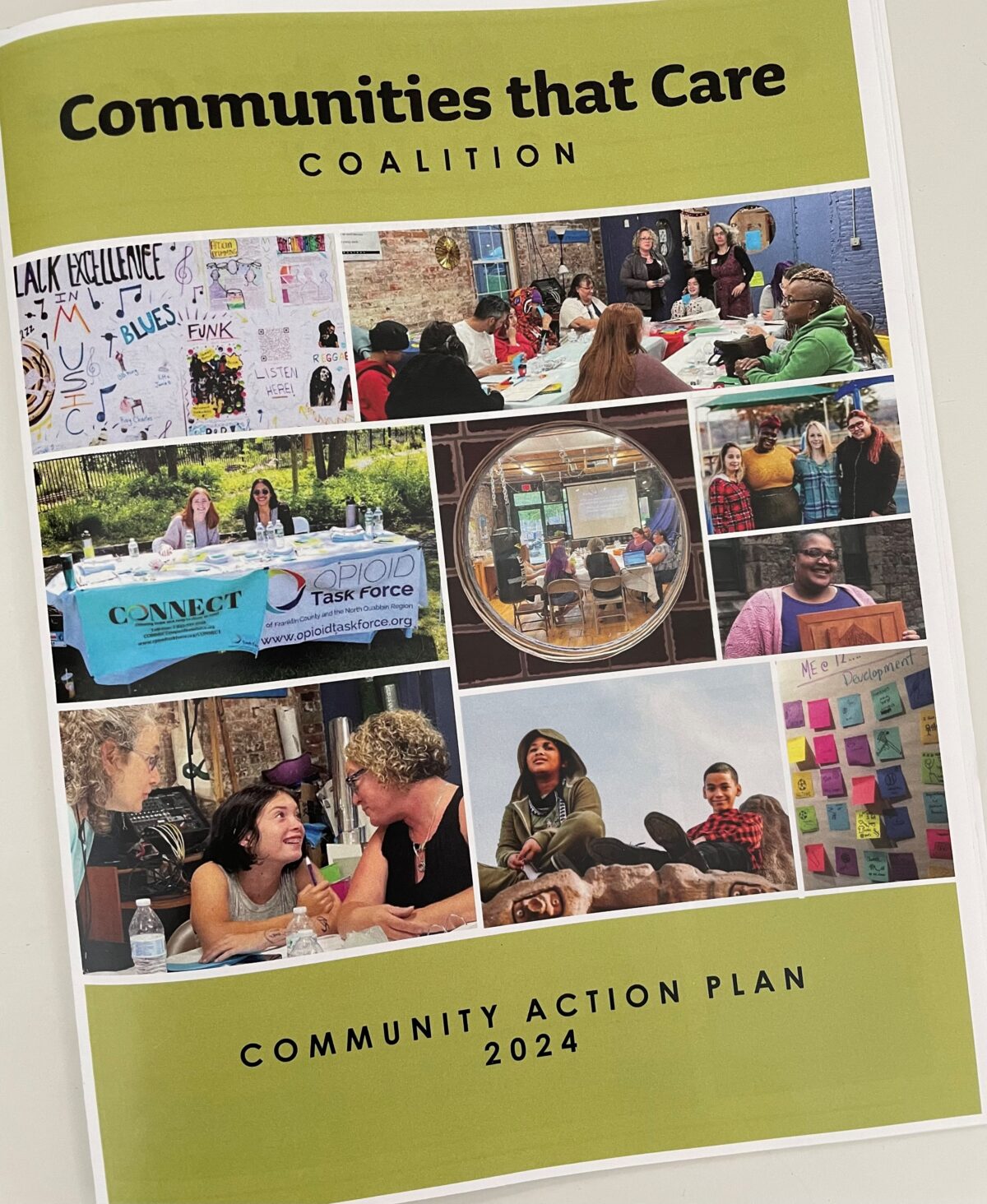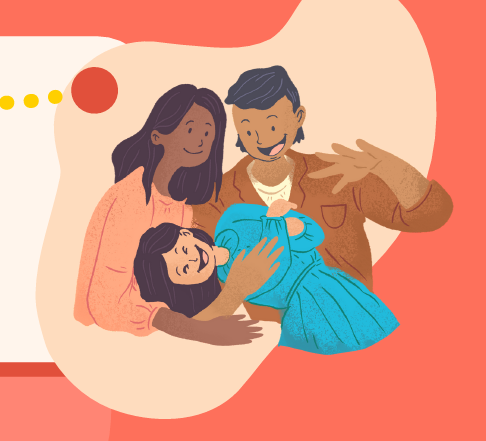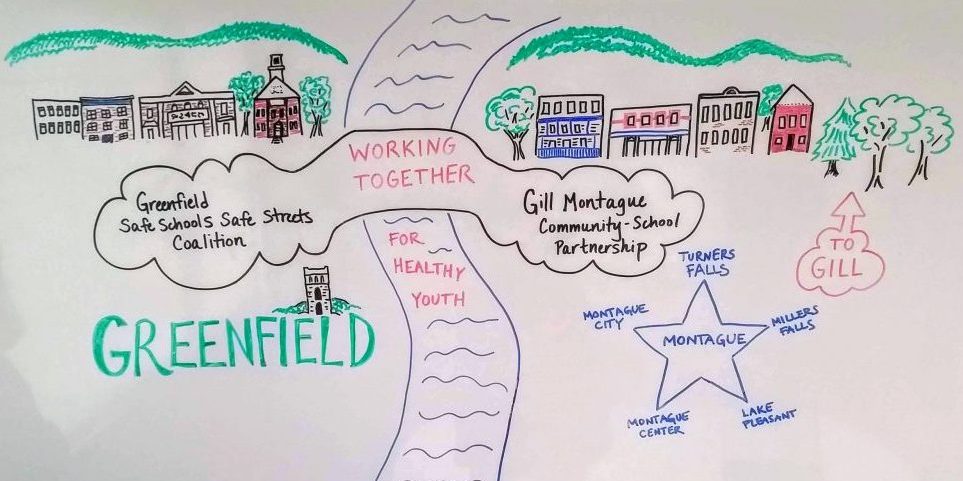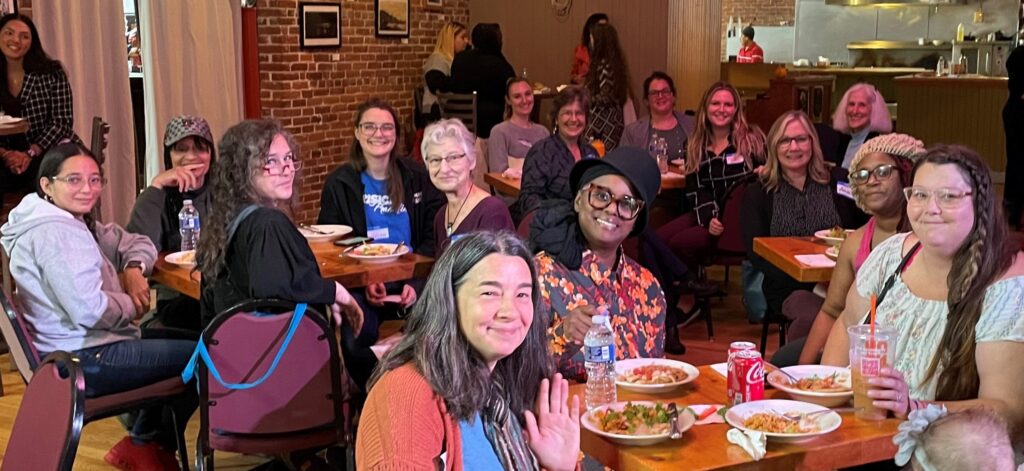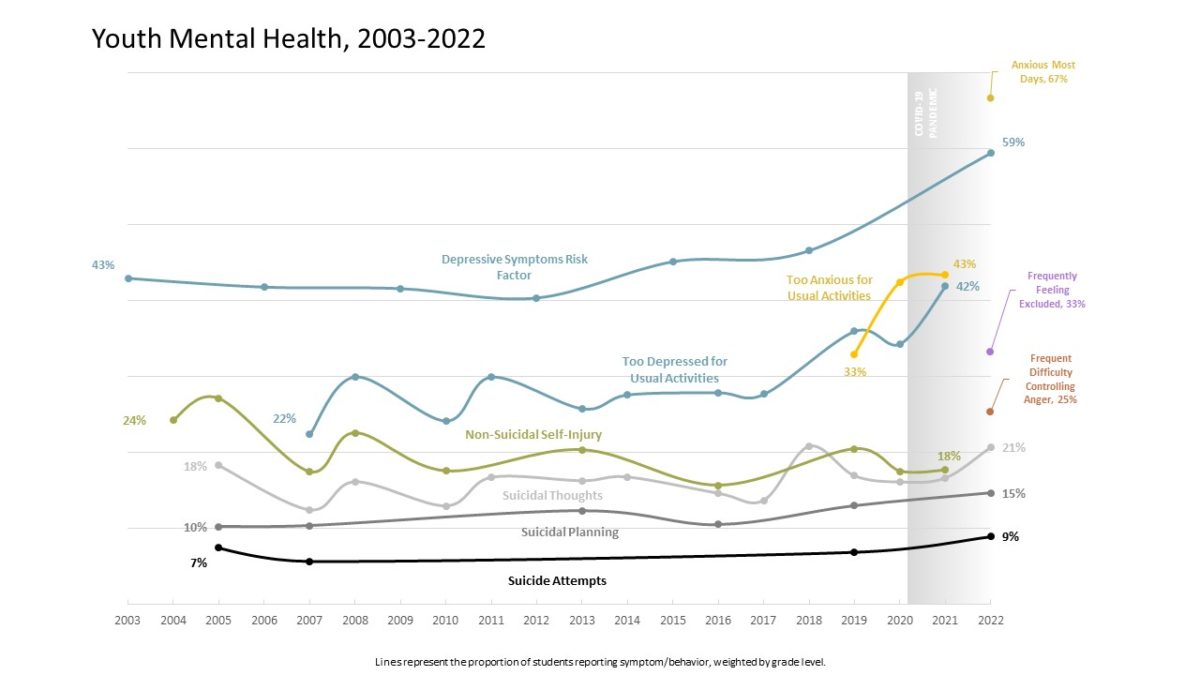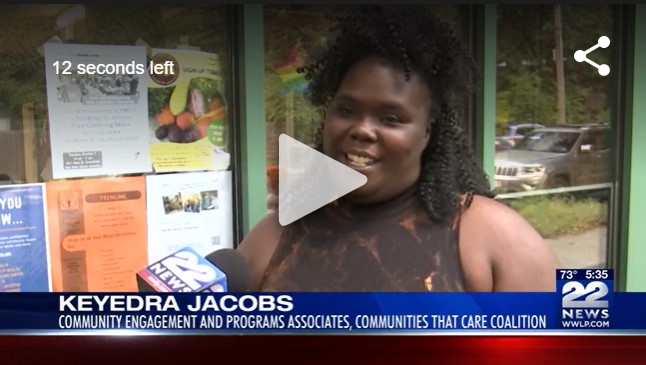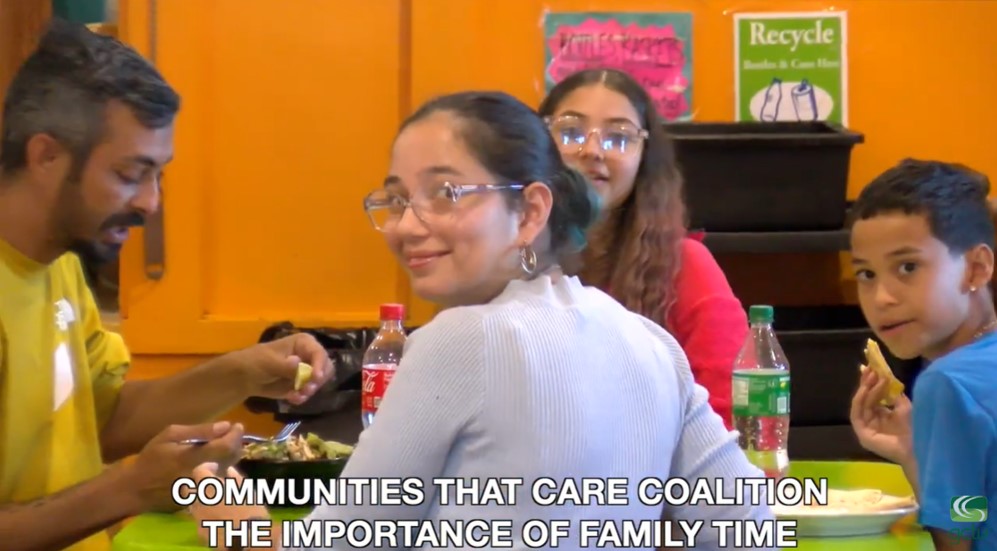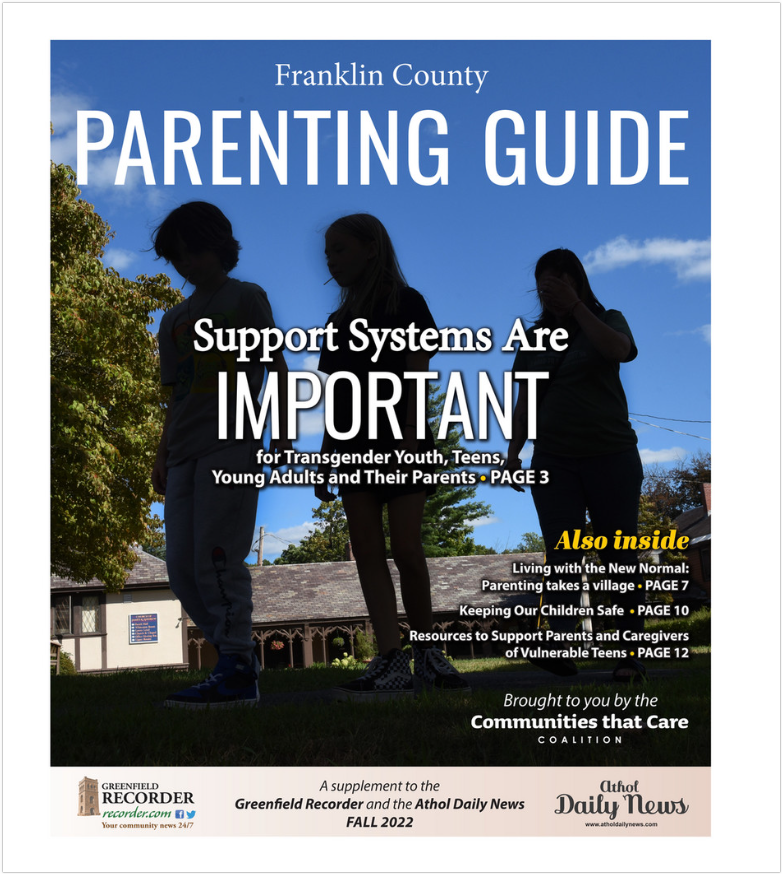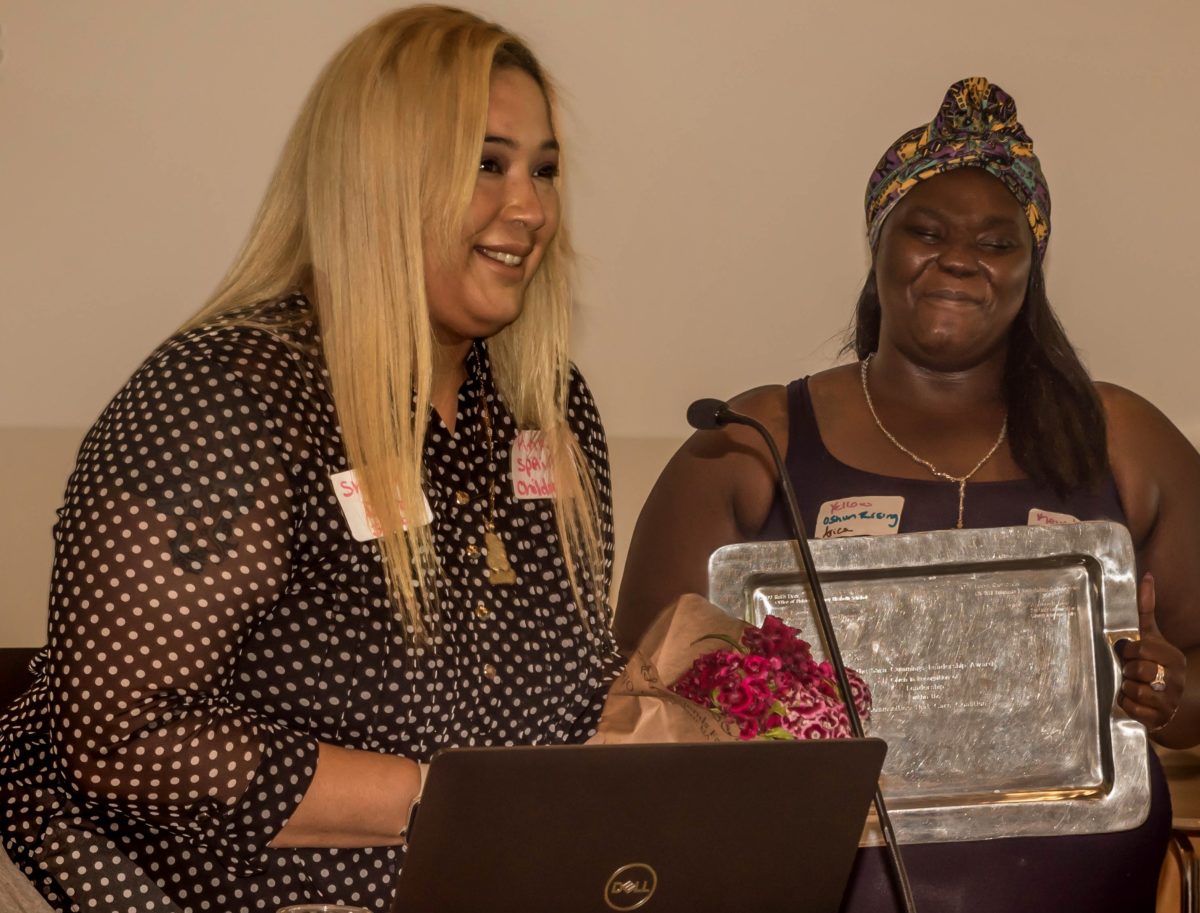Martin Luther King Jr. Day–January 15, 2024

Monday January 15, 2024 is Dr. Martin Luther King Jr. Day, honoring one of the most important leaders and thinkers in American history. Dr. King was an American Baptist minister and activist who became the most visible spokesman and leader in the American civil rights movement from 1955 until his assassination in 1968. Dr. Martin Luther King Jr. Day is a great opportunity to reflect on Dr. King’s work, increase our understanding of his legacy, and take action to ensure freedom and justice for all people. Consider it a “day on” rather than a “day off!” Seek out ways to build community! Celebrating and building on Dr. King’s legacy is not limited to one day a year! May the momentum from the January holiday carry us into February’s Black History Month celebrations and beyond: into a daily practice of working towards collective liberation.
Here are some events to explore and resources to inspire ongoing action and learning:
Franklin County and North Quabbin
Martin Luther King, Jr. Day Celebration at GCC
For over two decades Greenfield Community College has been celebrating the legacy of Dr. Martin Luther King, Junior. This year’s 25th annual event features a program appropriate for all ages with dance, arts and crafts, education, music and free lunch—plus keynote speaker La Wanza Lett-Brewington on “Embracing Our Responsibility to the Legacy” and recognizing the extraordinary actions of Dr. King through his words. Lett-Brewington is a nationally known speaker on leadership, Title IX, equity and social justice and was recently recognized as one 50 distinguished alumni of GCC, where she currently serves as Title IX Coordinator and Affirmative Action Officer. RSVP strongly recommended!
Valuing Our Children will be hosting an MLK Day event at the Athol Public Library. Join Valuing Our Children at The Athol Public Library on Tuesday, January 16th at 3:30 – 5PM (the day after MLK Day). This free event in honor of Dr. Martin Luther King, Jr. is for all ages and will feature art activities, artwork by local teens and tweens, storywalk, history, music, community togetherness, and more! For more information, call Nicole at Valuing Our Children at (978) 249-8467.
Hampshire County
Celebrating the Life and Legacy of Rev. Dr. Martin Luther King Jr. in Amherst at the Bangs Community Center on Monday, January 15 at 1 p.m. The Amherst Human Rights Commission and the Amherst Office of Diversity, Equity and Inclusion will sponsor a celebration of the life of Martin Luther King. The event will include a community reading of King’s speech, “The Quest for Peace and Justice.” The event is free and open to the public.
Hampden County
Springfield’s annual citywide Dr. King Day Celebration is at the MassMutual Center on January 15.
This event is an important expression of community creativity and solidarity toward healing and change. The annual Dr. King Day Celebration provides all Springfield-area individuals- youth, families, and seniors with an opportunity to celebrate and honor Dr. King’s legacy through a rich tapestry of cultural presentations by community-based organizations. The program includes song, dance, musical performances, and inspirational words by talented youth and adult leaders from the Springfield community. The event reflects the many ways that Dr. King’s life and teachings continue to inspire our community.
Springfield Symphony Orchestra, Classics & Jazz – MLK Jr. Celebration at Springfield Symphony Hall on Saturday, Jan. 13 at 7:30 p.m.
Conducted by Damien Sneed and and featuring Mebrakh Haughton-Johnson, clarinet, and Jason Flowers, piano, this concert features some of the most beautiful American orchestral compositions created by African Americans. The first part of the program incorporates two well-known female composers, Florence Price and Margaret Bonds. The second half of the program is all about jazz. The concert’s finale is the world premiere of Sneed’s “A Symphonic Homage to The Duke,” a sizzling tribute to one of America’s greatest composers, Duke Ellington.
Berkshire County
Martin Luther King Jr. Day of Service at First United Methodist Church, Pittsfield on Monday, Jan. 15 from , 9 a.m. – 1 p.m. Berkshire Community College will honor one of America’s greatest heroes by giving back to the community at its annual Martin Luther King Jr. National Day of Service event. Join them for breakfast and a keynote by Michael Obasohan, chief diversity officer for the City of Pittsfield. This will be followed by volunteer activities and lunch provided by Smokey Divas.
Links to additional resources
The National Civil Rights Museum has a page on Martin Luther King Jr’s legacy with subpages on the following topics (each clickable within the linked page above):
- Justice
- Poverty
- Decent Housing
- Better Jobs & Higher Wages
- Quality Education
- Peace
- 50 Voices for 50 Years
- 50 Weeks of Action Archive
Embrace Race has a page/article MLK Day and the Danger of A “Single Story”
The Martin Luther King, Jr. Research and Education Institute supports a broad range of educational activities illuminating Dr. King’s life and the movements he inspired. The Institute website includes links to documents, other sites, curriculum, and opportunities for further connections.
Martin Luther King, Jr. National Historical Park in Atlanta, GA includes the places where Dr. King was born, lived, worked, worshipped, and is buried. Come hear his story, visit the home of his birth, and where he played as a child. Walk in his footsteps, and hear his voice in the church where he moved hearts and minds. Marvel at how he was an instrument for social change. Even if you cannot get to Atlanta, the website includes Dr. Martin Luther King, Jr.’s Legacy of Racial and Social Justice: A Curriculum for Empowerment
Learning for Justice (formerly Teaching Tolerance) also has some great resources for educators/mentors. Its collection of lessons, teachable texts and further reading helps educators bring the work of Dr. King to life in any learning setting.
Civil Rights Teaching is another source for educational resources for Teaching about Martin Luther King Jr. and beyond.
“I refuse to accept the view that mankind is so tragically bound to the starless midnight of racism and war that the bright daybreak of peace and brotherhood can never become a reality… I believe that unarmed truth and unconditional love will have the final word.”
Dr. King is known for his speeches and writings. Here is a link to some of his memorable quotations. Make sure to research the source of the quotation to gain an understanding of the context in which Dr. King said or wrote it.
The Arts provide an embodied connection with Dr. King’s legacy:
Colorlines has a playlist of songs that sample MLK speeches or reference his legacy
Ultimate Classic Rock has 12 Classic Songs Inspired by Martin Luther King Jr.
Check out the movie Selma, a 2014 historical drama film directed by Ava DuVernay and written by Paul Webb. It is based on the 1965 Selma to Montgomery voting rights marches initiated and directed by James Bevel and led by Martin Luther King Jr., Hosea Williams, and John Lewis.
Many artists have been inspired by Dr. King’s work, including Faith Ringgold, an Artist-activist who illustrated King’s Letter from Birmingham City Jail in eight serigraphs.
Other ways to take action throughout the year:
- Support organizations working on voting rights
- Support Black-owned businesses
Black-owned restaurants, grocers in Springfield and across Western Massachusetts you can support

